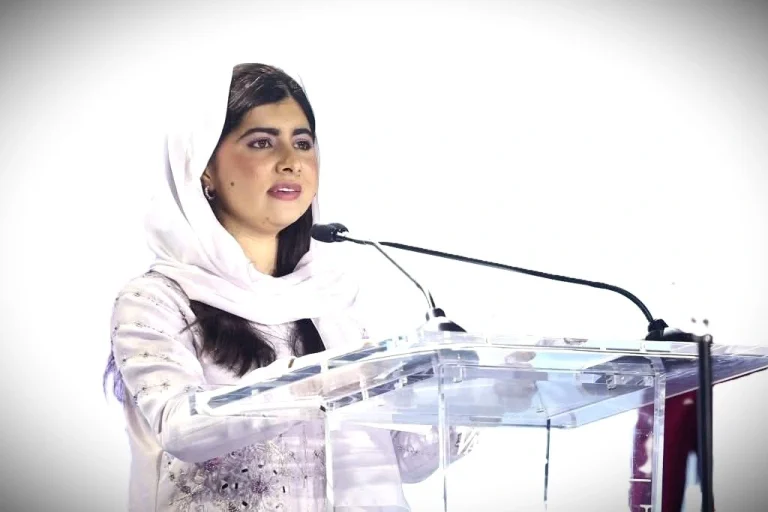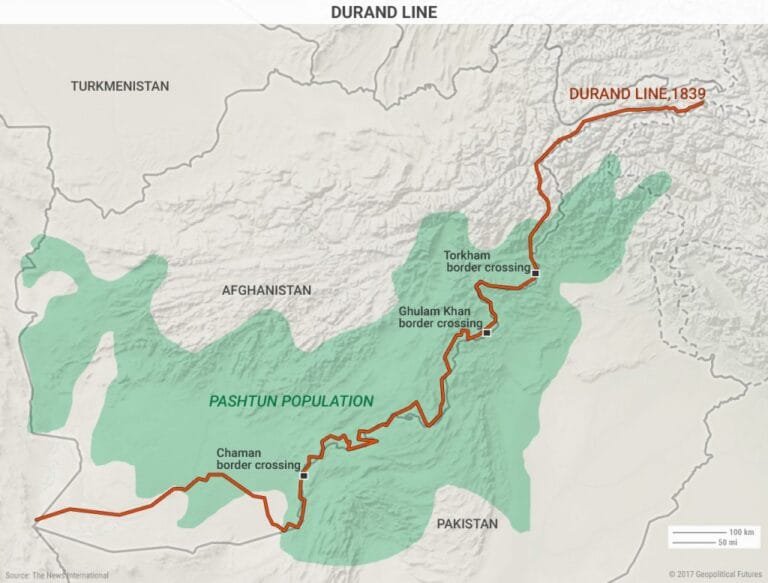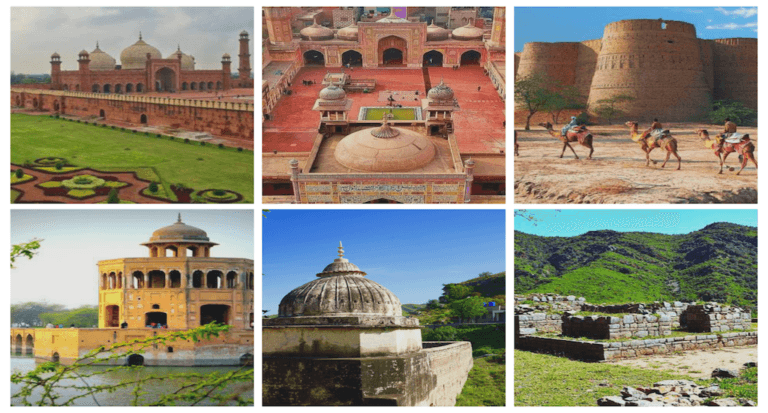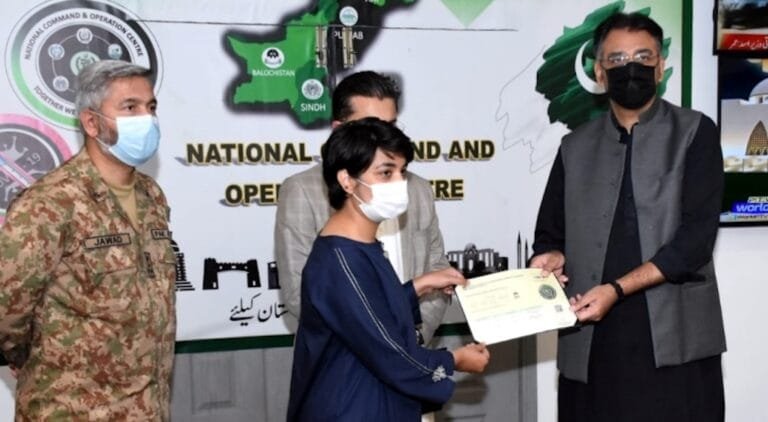The most silent voices are still among the leaders of Muslim-majority countries, as the rest of the world is against the Chinese genocide of Uighur Muslims in Xinjiang.
Just listen to the interview with Axios’s Jonathan Swan from Pakistani Prime Minister Imran Khan regarding Uighur Muslims. Swan questioned why the prime minister, who talks out frequently against Islamophobia in the West, was conspicuously mute about the horrors of human rights in neighbouring China.
Khan repeated the denial from China that it had interned around 2 million Uyghurs and escaped the subject repeatedly. “This isn’t the situation,” Khan remarked, adding that discrepancies between Pakistan and China had been quietly sorted out.
It’s a startling declaration. Instead of providing a pro forma “Yes, we’re naturally worried about it,” Khan opted to reduce the problem to a minimum.
Why Imran Khan is supporting China against Uighur Muslims?
Why would Khan do that with his self-improved image as a Muslims’ defender on screen in a special interview? Later in the conversation, the Prime Minister gave away the title: “In our hardest moments, China was one of the best allies to us, when we truly struggled,” Khan said to Swan. “China came to our rescue while our economy was suffering.”
Pakistan China relationship is based on friendship and neighbourhood. China has granted Pakistan billions of credits to support its economy so that, among other things, Pakistan may modernise transport networks and inadequate power infrastructure. China was not doing this out of its heart’s generosity; it was partially doing this, to make Pakistan reliant on China and so to strengthen its diplomatic cooperation.
It is a play that China’s “Belt and Road Initiative” has been repeatedly played. China is trying to construct a broad network of land and marine trade links to Europe, Africa, and beyond for most of Asia. To achieve this, it invests and lends to countries on this “way” – such as Pakistan – forms part of the network. Indeed, trade means that China is enhancing its power and influence while providing economic aid to other nations.
Nonetheless, Khan informed the media that the “China version” was apart from what the Western media portrayed. But he didn’t say this for the first time.
Amnesty International Report about Uighurs
Researchers report that the Muslim minority in South Xinjiang have been systematically dehumanised. Forced birth control, intercourse and torture to eliminate the ethnic population has been charged by the Chinese government. Amnesty International claimed last month that thousands of Muslims live in the “dystopian hellscape” in the region. Muslims informed the human rights group, that Islam cannot be practised and that their native tongue cannot be spoken.
China’s Instance on Uighur Muslims
China has always rejected in Xinjiang the claims of misdoing, stating that its vast network of camps in the area had resources to “re-educate” terrorists. More than a million men and women are held in these camps, according to independent estimations.
“In other places of the world, such as the occupied Kashmir, there is a much harsher crime against humanity,” said Khan. “But the western media seldom says so.”
Khan also complimented Chinese President Xi Jinping as he spoke about the 100th anniversary of the Communist Party. “We have been told till now that Western democracy is the greatest way for nations to improve,” he continued. “The CPC presented an alternative paradigm, and it struck all Western democracies as they have demonstrated their social worth.”
He also said that whatever the world thought of China, President Xi was appreciated. He stated, “China was unusual in its method of dealing with the Covid 19 widespread. This is because it began there. China stands out when you look around the world.”
On the 13th of May, the UHRP published its “Islam Disposed: China’s Persecution of Uyghur Imams and Religious Figures,” citing the instance in Xinjiang of 1,046 Turkish imams. Pakistan was among the countries that assisted China in the capture of imams in the region by the organisation.









2 thoughts on “Why Imran Khan is supporting China’s stance on Uighur Muslims”
Comments are closed.